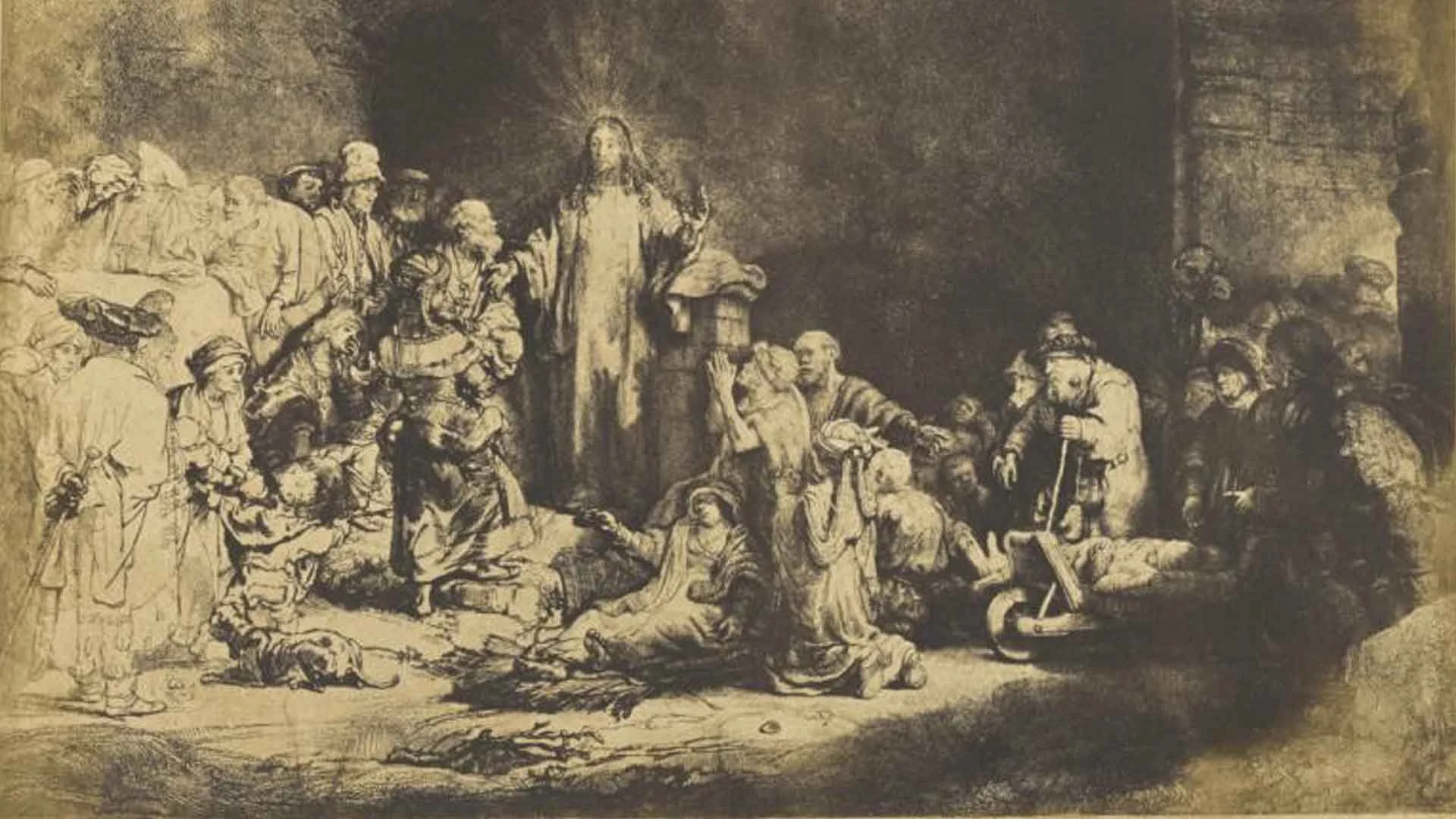For the source text click/tap here: Horayot 11
To download, click/tap here: PDF
Steinsaltz says:The word mashi’aḥ is invariably connected with Messianism and the end of days, but its actual meaning is “the anointed one” – that is, the one who has been anointed with anointing oil. In our context the term ha-kohen ha-mashi’aḥ (Vayikra 4:2) refers to the anointed priest who errs and sins. The Mishna teaches that this excludes a High Priest who is merubeh begadim – who serves with the additional vestments of the kohen gadol, but who has not been anointed, which was the case throughout most of the Second Temple period.
What was this shemen ha-mish’ḥa, this anointing oil?
The Torah teaches that a unique anointing oil must be prepared to consecrate the mishkan and its vessels as well as the High Priest, Aharon ha-kohen and his children.
Our Daf teaches that the kings of Israel were also anointed, although there was no need to anoint a king who replaced his father in peaceful succession.
We explore the ritual of anointing kings of Israel.

